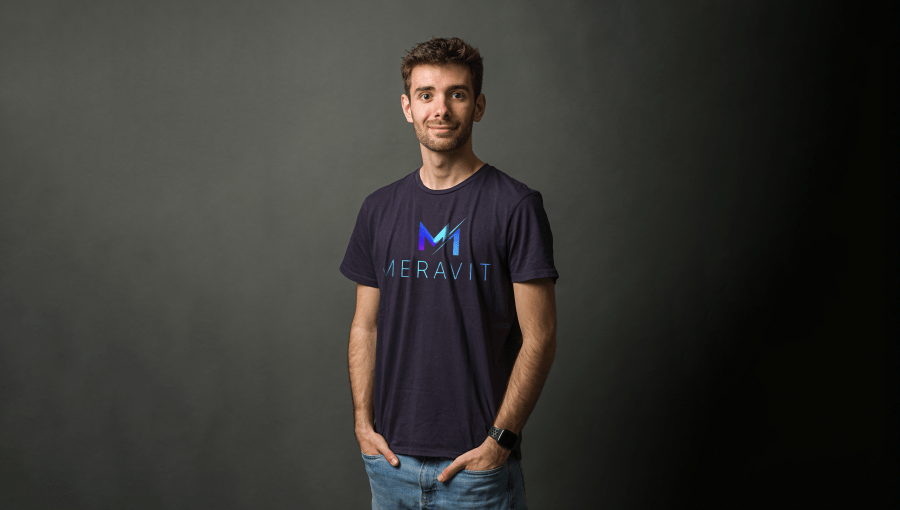Driven by Passion: Screenwriter Simon Hunter on the Life Cycle of a Film
Professor Antonella Salvatore’s MKT 301- Principles of Marketing course welcomed Simon David Hunter, Screenwriter, Producer and Director at Myth Film Company, on September 11, 2018. Hunter, who teaches screenwriting at Bond University in Australia and is the executive chairman of the Sydney Film School and the Sydney Acting School, gave a lecture on the life cycle of a film.
The lecture, called “How to Make a Movie: from Idea generation to Product” focused on the practice of filmmaking including the marketing process both for independent films and Hollywood blockbusters.
Hunter started by stressing the importance of having “the right idea” and getting it out there, possibly across different media. He gave the example of The Exorcist (1973), which was made into a book because nobody wanted to buy the screenplay. Once the book became a New York Times best seller, the author was approached for the film rights and he sold the screenplay that he had written beforehand. When a filmmaker is starting out, he needs to prove that he/she can tell a story, Hunter said, especially in a time where technologies to make movies are easy to access.
A mistake that filmmakers should avoid is forgetting that they are making a movie about a character. “If you don’t know the character, the film won’t work” Hunter said. Once you know the story, you can work on the plot. Moreover, a “super-want,” which is a clearly-defined goal for the character, is essential. In the Indiana Jones series, the protagonist always has to look for the treasure, which is what drives the story forward. In E.T. (1982) the super-want is the title character’s desire to go back home.
Once the concept is ready, a filmmaker needs to create a budget and stick to it. As for the shoot, Hunter outlined some important points. He suggested avoiding too many speaking parts and too many locations. The first attempt at a feature film should be maximum 95 minutes in length. Moreover, Hunter said to pay as little as legally possible and stressed the importance of never breaking budget. Hunter believes that filmmaking is like a horse race, where you have to “prove yourself in the minor league before you can make the major league.”
Hunter said that those who are serious about filmmaking should refrain from putting films on YouTube and instead submit them to film festivals via Withoutabox or show them at the American Film Market.
“Make the film you want to watch,” Hunter concluded. A filmmaker should follow his true passion and make a film about something he/she is interested in, which will make it more likely to be successful.






